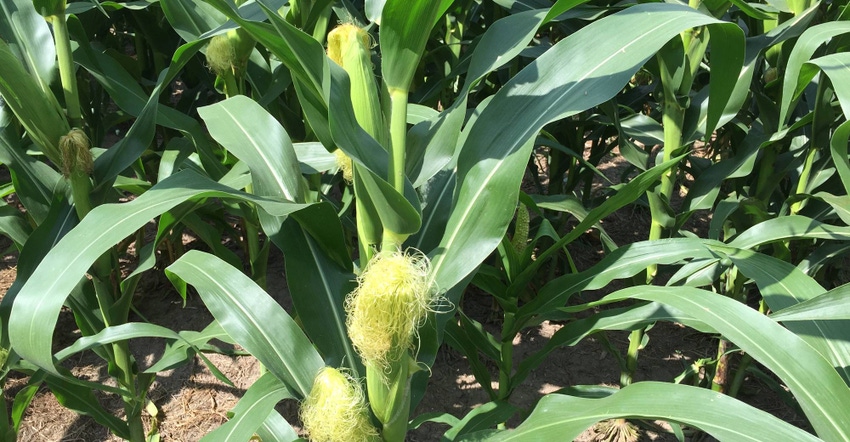October 18, 2016

As an advocate or ag technology use, it's difficult to watch what's happening to American Agriculture – a long-time leader in the development and use of the latest technology for top productivity. In the interest of capturing a few consumers and appeasing a small group of vocal tech opponents, the food marketing industry is throwing ag under the bus. And it looks like key ag groups are not taking it anymore.
Case in point is this week's letter from American Farm Bureau Federation, American Soybean Association, American Sugarbeet Growers Association, National Corn Growers Association, National Milk Producers Federation and U.S. Farmers and Ranchers Alliance. The recipient of the letter is Dannon – known for its yogurt – calling the company out for the fallacy of the "Dannon Pledge" which specifically targets biotechnology. Of course, like so many other food marketers, they're piling on in a confused market by labeling anything possible as GMO free (including foods from crops that have NEVER been modified through transgenic means). Check out the Dannon Pledge.
What is most significant, at least from my perspective, is that in this letter these farm groups are sharing the benefits of biotechnology (as they've often done) and not trying to explain the safety of the science, which is a given. A key point of their letter states:
"We doubt that informed consumers want to see an increase in insecticide applications that will be needed to fulfill your pledge. Conventional crops grown before the advent of agricultural biotechnology required extensive and intensive pesticide use, pesticides that your pledge would force farmers to return to using. We also doubt that consumers are clamoring for the increases in water and fossil fuel use, as well as increased soil erosion that would be brought on by more frequent trips across the fields with cultivation equipment to grow the crops to meet your pledge. Nor do we think consumers who care deeply about how their food is grown want to bring more land into cultivation to make up for the loss in crop yields."
It's the benefits of this technology that consumers need to hear. And food marketers need to stop knee-jerk reactions to misinformed consumers trying to make their ill-informed case. Recently, I saw an email from a group promoting its anti-GMO stance noting that the "science was not clear" – well the science is clear – National Academy of Sciences, World Health Organization, Food and Drug Administration and even European health regulators are clear – the stuff is safe.
I applaud this latest effort by these commodity groups. Also, we're fine if farmers profit from a non-GMO approach to what they raise. But to throw an entire technology out the window while it's still in its infancy smacks not only of hubris, but brings to mind a Southern saying – "you can't fix stupid."
Dannon needs to re-read it's pledge, especially the part where they talk about building soil health. Note to Dannon: Increased cultivation to kill weeds will do little, if anything, for soil health – but with biotech no-till is easier, and preserving and building organic matter is just part of the job.
As for smart consumers, my hope is that they see through the smoke screen of marketing to know that this pledge has long-term consequences against the advancement of science. Not a good thing.
Opinions expressed in this blog are not necessarily those of Penton.
You May Also Like




